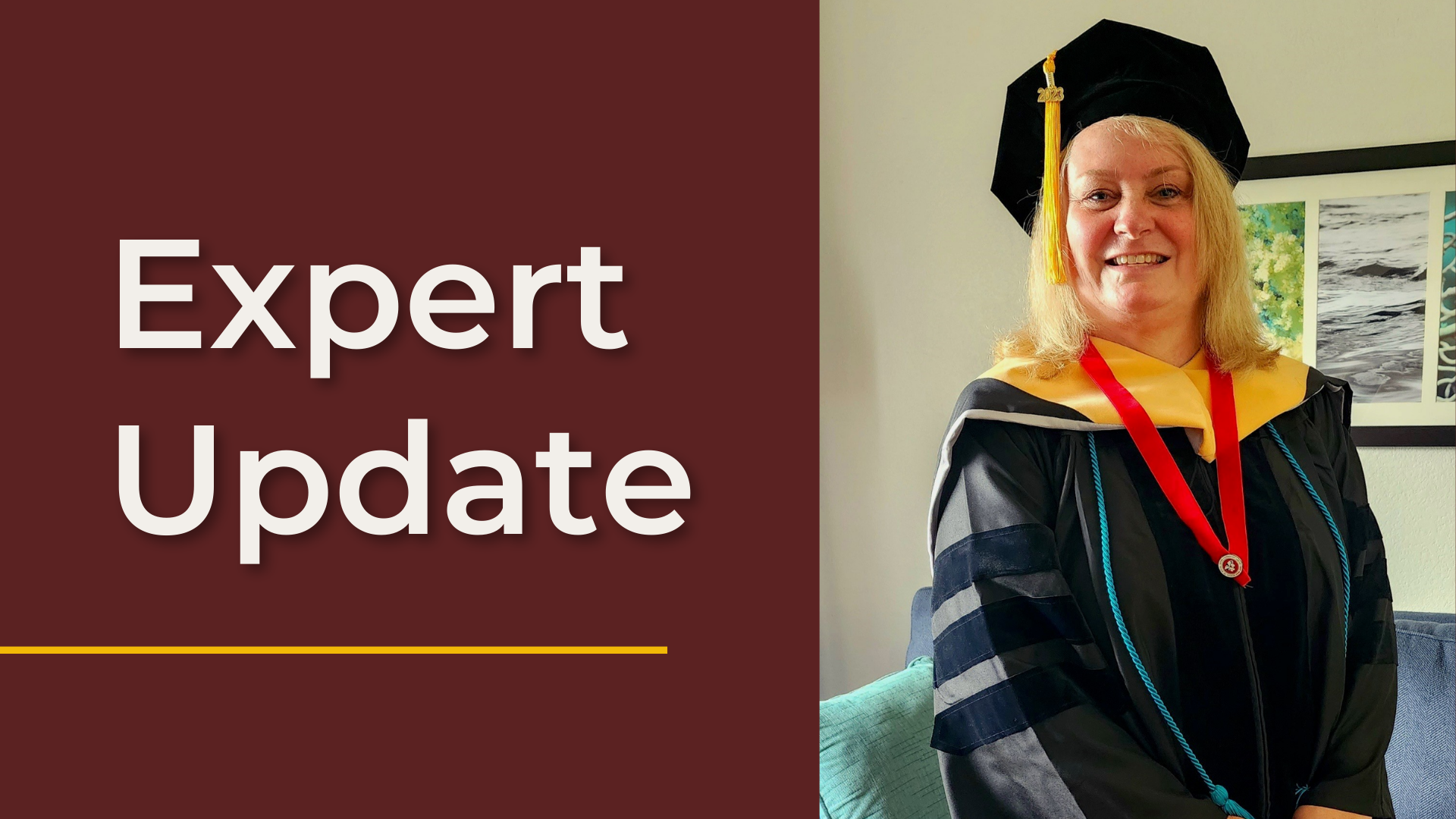
disABILITY LINK’s Impact and Strong Links to the Disability Community in Metro Atlanta
disABILITY LINK is a nonprofit organization in Tucker, Georgia that supports Georgians with disabilities by providing five core services of advocacy, information referral, peer support, independent living skills training, and transition services. disABILITY LINK has worked under its current name since 2008, providing services and opportunities to those with disabilities in 12 Georgia counties.However, disABILITY LINK’s organizational makeup is something that makes them truly unique.
“One thing that’s super important is that we’re formed by people with disabilities and we’re the only or…
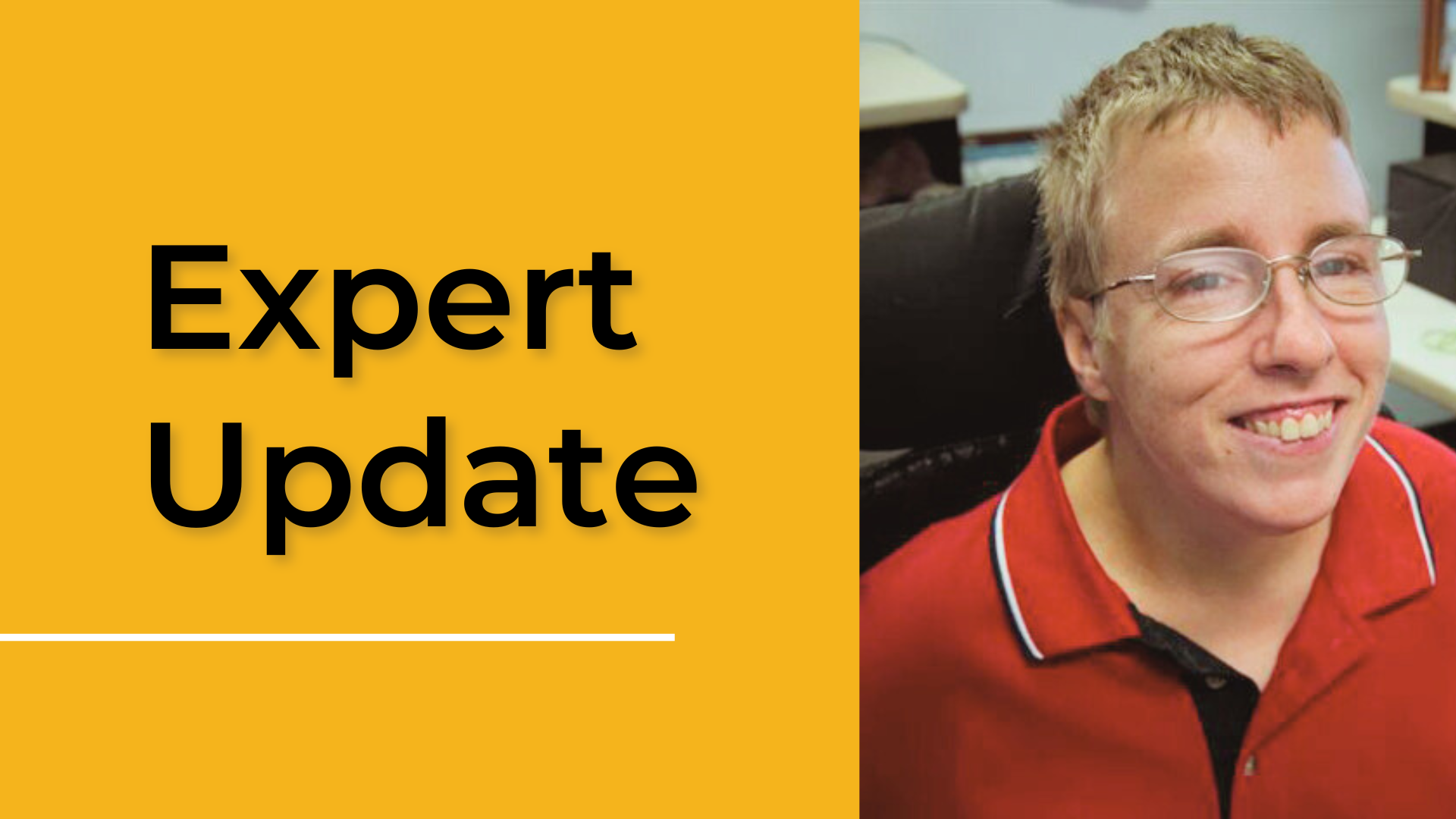
Expert Update: Advancing Employment to End Subminimum Wages
Tracy Rackensperger, a faculty member of the University of Georgia (UGA) Institute on Human Development and Disability (IHDD)In the life of a person with disabilities, few skills are as essential to success as the ability to advocate. One must learn to ask for basic needs and standards of care; in some cases, they must advocate for larger causes. Tracy Rackensperger, a faculty member of the University of Georgia (UGA) Institute on Human Development and Disability (IHDD), is an exemplary advocate for individuals with disabilities.
Within IHDD, Rackensperger serves as the resource and ou…
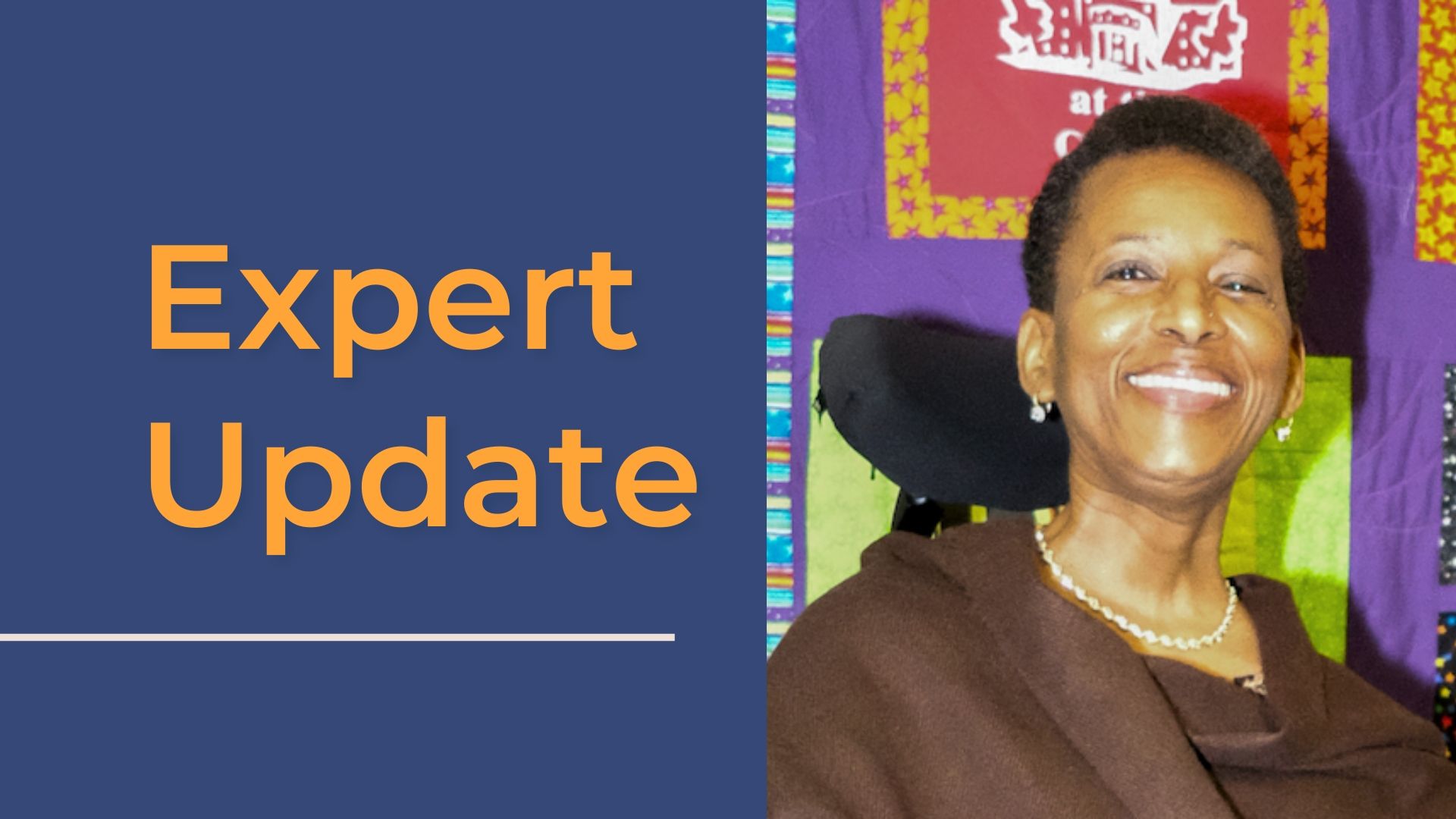
Expert Update: Impact of Waitlist on Community Living
Shelly SimmonsWhen a person without a disability reaches adulthood, a particularly exciting part of that experience is the idea of independent living and freedom. It’s the ability to choose what to do with one’s own time, the opportunity to seek meaningful employment, and the possibility of gaining the occasional moment of uninterrupted solitude. These are things that many take for granted. For individuals with disabilities, the ability to live independently or in a community can be difficult to obtain.
Shelly Simmons, Executive Director for the Statewide Independent Living Council of…
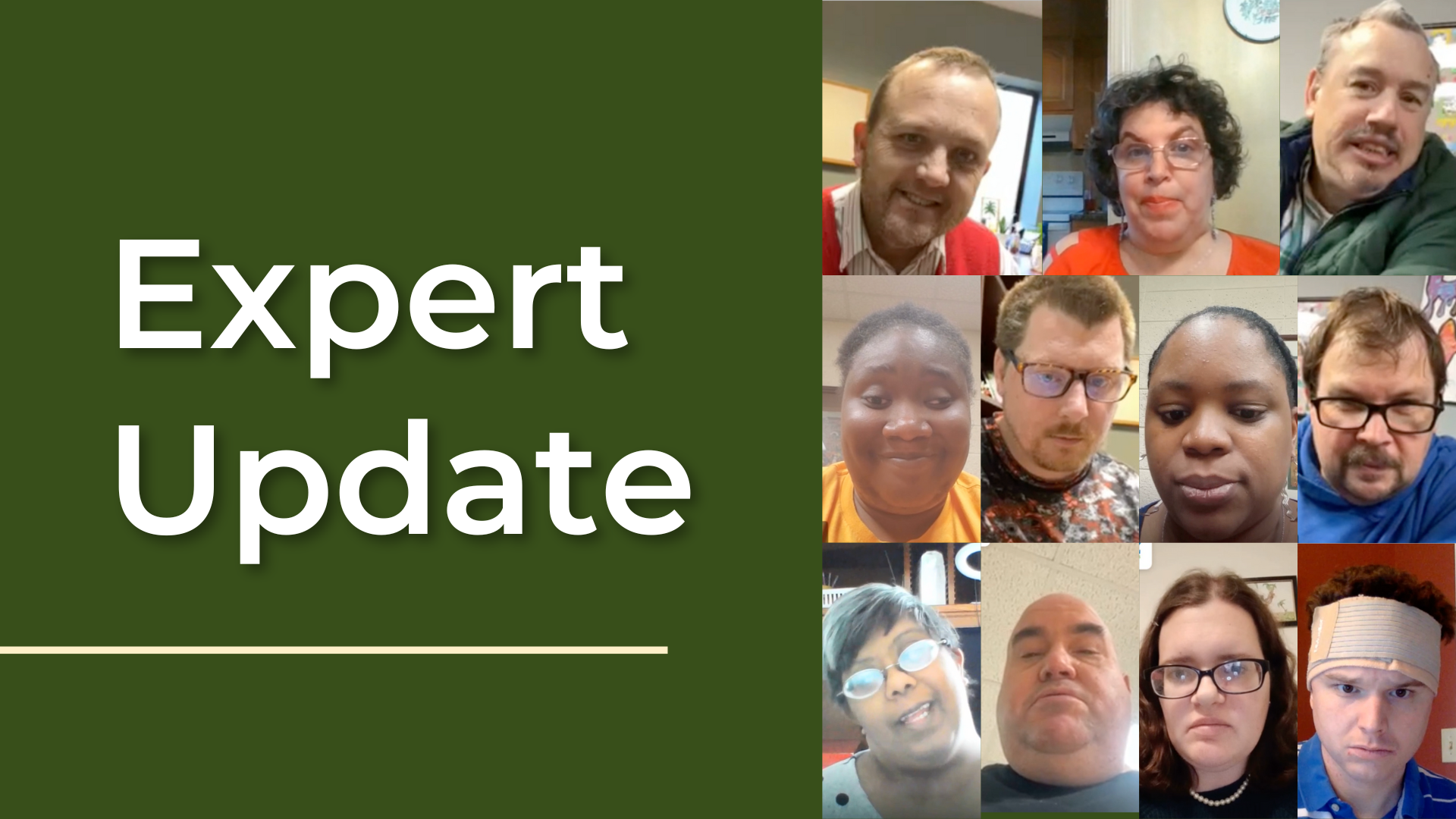
Expert Update: In Their Own Words
As the Georgia Council on Developmental Disabilities (GCDD) gets ready to advocate at the 2024 Legislative Session, we wanted to share the expertise of the people with developmental disabilities across Georgia on what they have and what they need to live independent lives. As we work to advocate for Medicaid waivers, higher wages for Direct Support Professionals, employment, and more inclusive education opportunities, it’s important to learn how access to these resources has supported and will support more people with developmental disabilities across Georgia.
Hear from them, in their own wo…
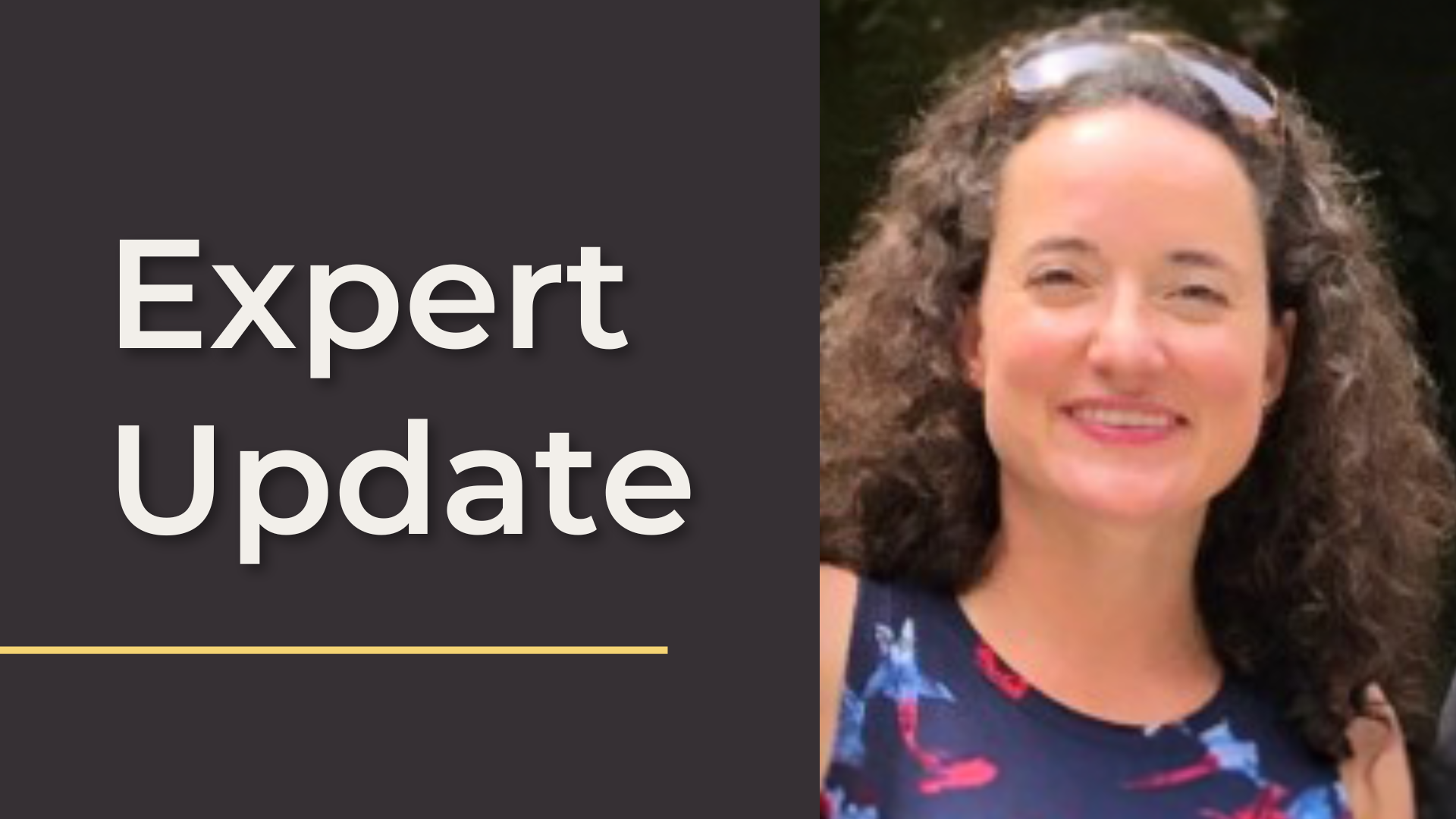
Expert Update: Untapped Pool of Talent
The Georgia Council on Developmental Disabilities (GCDD) interviewed Emily Myers, region director at Briggs & Associates, a supported employment company that assists people with disabilities with finding employment. We spoke about the state of work for people with disabilities, unemployment among people with disabilities, and what Briggs & Associates does to help individuals find meaningful and accommodating jobs and careers.
Georgia Council on Developmental Disabilities: Hello, Emily! Thank you for taking the time to speak with me today. First, could you please give me a brief overv…
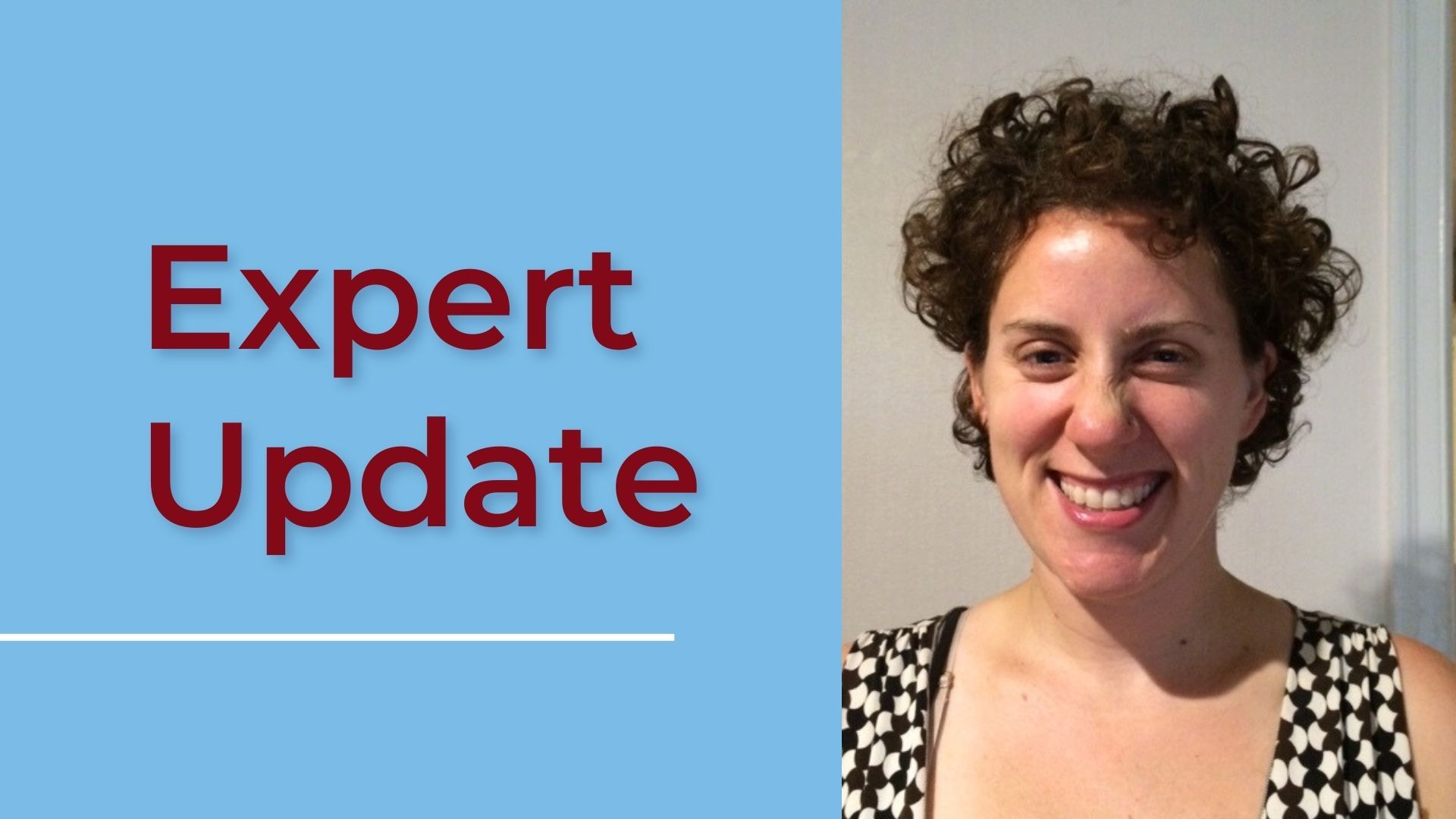
Expert Update: What Happens When a Person Leaves a Sheltered Workshop?
Navigating the complex world of employment is a challenge that millions around the world face at one time or another.
For Georgians with disabilities, the task can be all the more difficult, particularly due to the presence of sheltered workshops, which are meant to serve as a means of vocational training for Georgian’s with disabilities.
Such facilities, which are certified by the Department of Labor (DOL) under the Fair Labor Standards Act (FLSA) 14(c) program, are allowed to pay workers with disabilities wages far below the federal minimum, also known as subminimum wages. Wha…
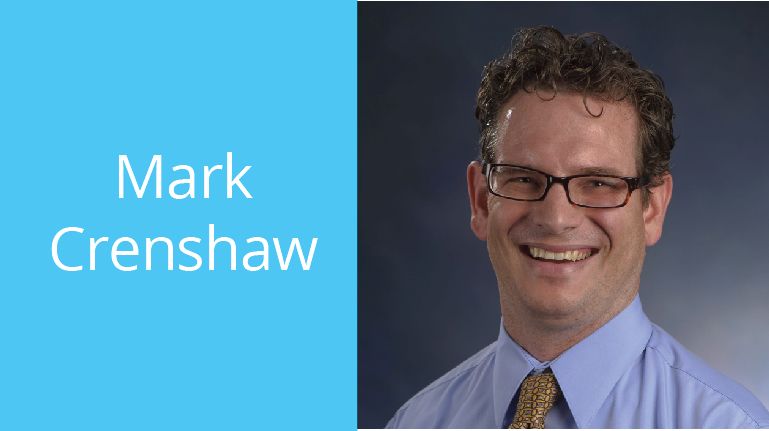
Georgia’s Leadership Education in Neurodevelopmental Disabilities
Mark Crenshaw is the Assistant Director of the Center for Leadership in Disability (CLD) at Georgia State University and the Training Director for Georgia’s Leadership Education in Neurodevelopmental Disabilities (GaLEND) program.
The LEND program was originally established 50 years ago by the Maternal and Child Health Bureau, and there are 60 LEND programs with a program in nearly every state and territory. The LEND programs are funded in five-year cycles through a highly competitive application process, and GaLEND is funded through 2026. The GaLEND program began in 2011, and there are 230…
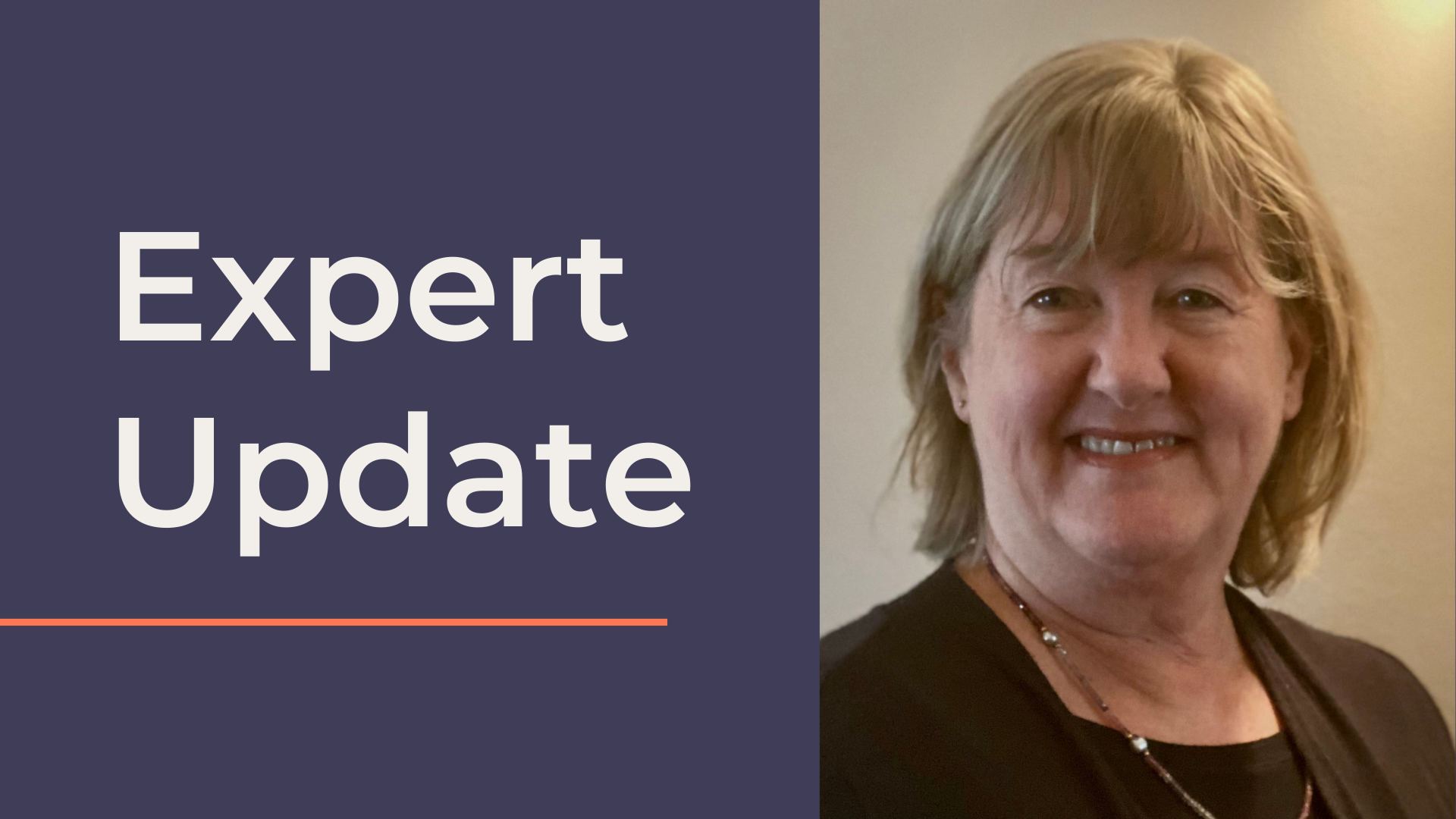
Parent 2 Parent of Georgia Empowers Parents & Families
In this issue of Making a Difference, Karen Addams, Vice President of Innovation at Parent 2 Parent — an Atlanta-based nonprofit that provides resource navigation and training for people with disabilities and their families — discusses their many services that help educate the community and promote self-sufficiency. Continue reading to learn more about the organization and its impact.
“My daughter was born with profound disabilities. I didn't know anything about anything at that point. And I found early on that the people from that I learned things from, and I needed to learn a lot were othe…
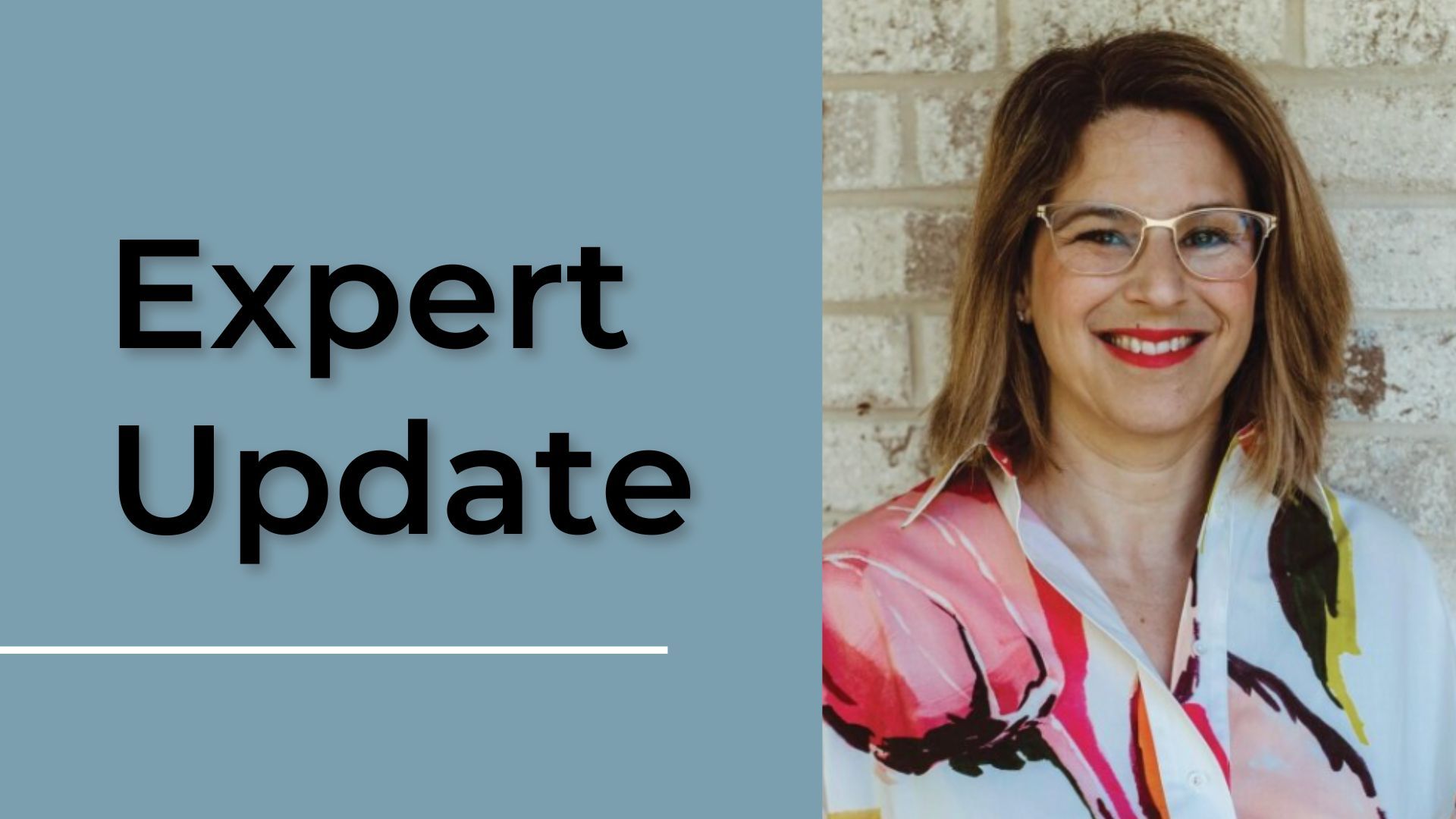
The Importance of Self-Advocacy During the IEP Process
For children with disabilities, school can be a stressful and overwhelming time. The Georgia Council on Developmental Disabilities (GCDD) sat down with Leslie Lipson, an attorney and director of the Georgia Coalition for Equity in Education, to discuss how students, parents, and primary school faculty can navigate the process of laying out the individualized education program (IEP) for students with disabilities to receive an educational experience that meets their unique needs and equips them for a future of self-advocacy and success.
“An IEP is a legal document that says that an eligible c…